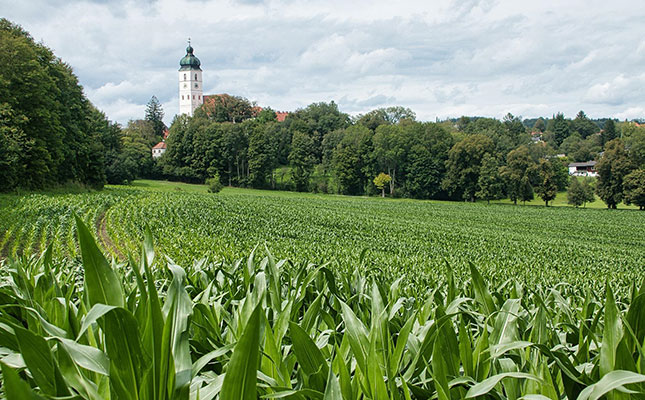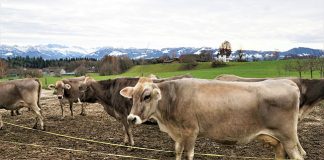
Photo: Pixabay
According to Forbes, Europe has been in crisis mode for two years, with the current energy constraints faced by the region well-documented.
“The other [crisis] is [a] food [shortage], and the [cost of the] inputs needed to grow it, many of which are oil and gas derivatives, or require massive caloric inputs for production. These crises are due to policy failures and the Russian war with Ukraine.”
As a result of these high input costs, it had been reported that fertiliser companies in the region were reducing production.
Norwegian chemical company Yara International announced in late August that it would reduce output of its nitrogen-based fertiliser due to soaring natural gas prices, with Grupa Azoty and PKN Orlen in Poland following suit.
CF Fertilizers in the UK had also halted production as far back as September 2021, citing input costs associated with fossil fuels.
The situation was being further exacerbated by Gazprom, the Russian majority state-owned multinational energy corporation, shutting off gas supply from Russia to Germany.
These developments were expected to increase pressure on food inflation in Europe, which was already beset by high commodity prices, Forbes said.
According to the CRU Group, a business intelligence firm specialising in commodities, fertiliser producers in the EU were losing an estimated US$2 000 (about R35 448) for every ton of ammonia they produced.
Where farmers in Western Europe were paying about US$250/t (R4 431/t) for ammonia in early 2021, the same fertiliser was currently selling for about US$1 250/t (R22 155/t), which was seriously affecting crop production.
Although there were no direct bans on fertiliser imports from Russia as a result of the Russia-Ukraine conflict, the EU and the US had implemented indirect sanctions on individual company owners, business executives at these companies, finance, machinery, spare parts, and shipments via sea and rail through the Baltic states.
Russia accounted for approximately 10% of global production and 20% of international fertiliser trade, according to Forbes.













